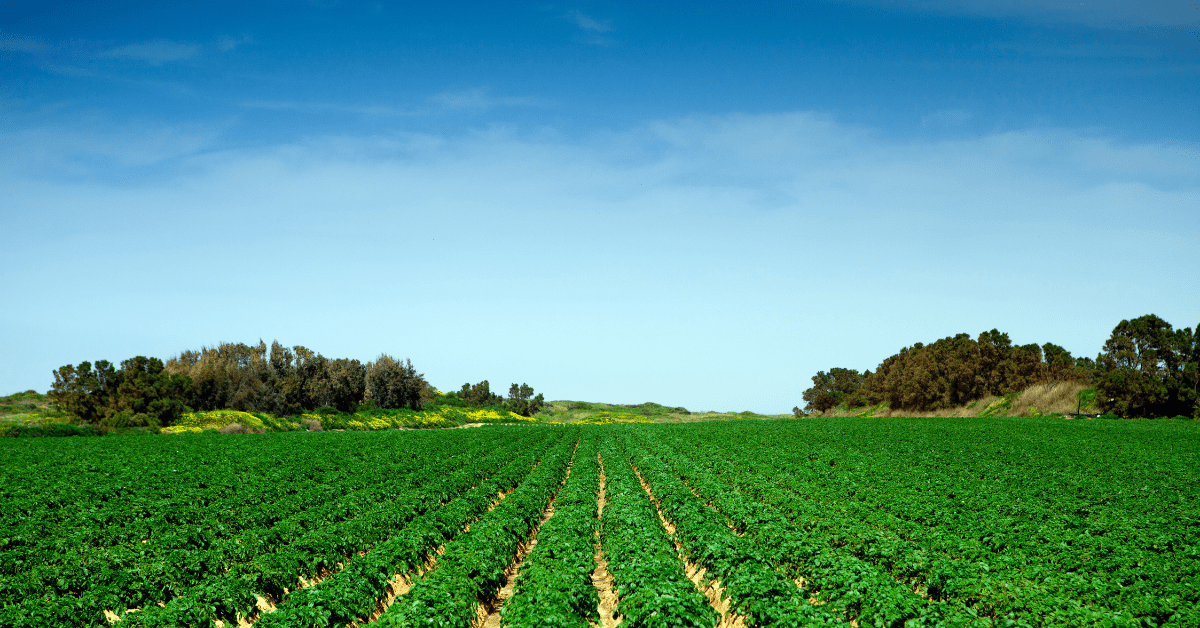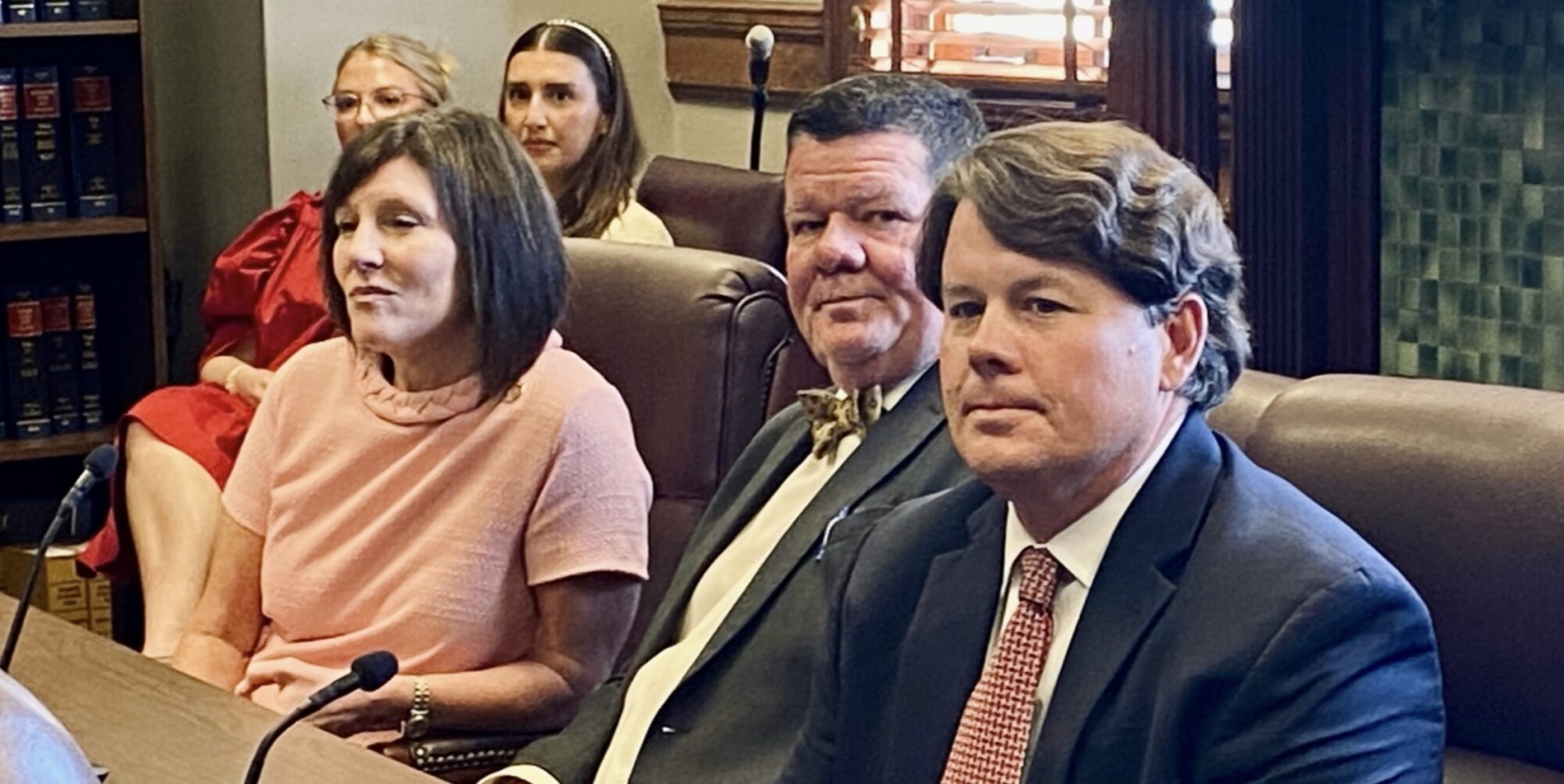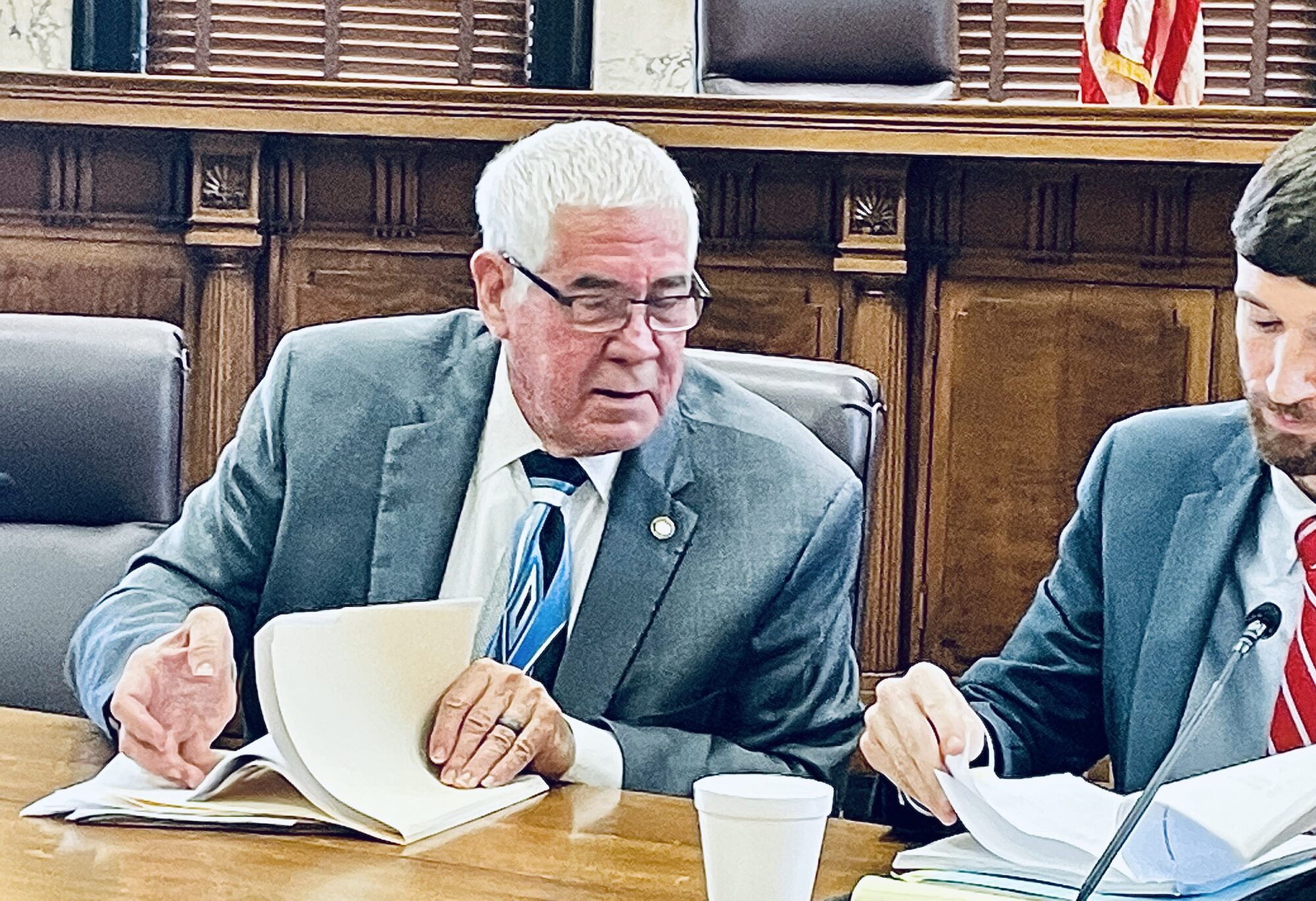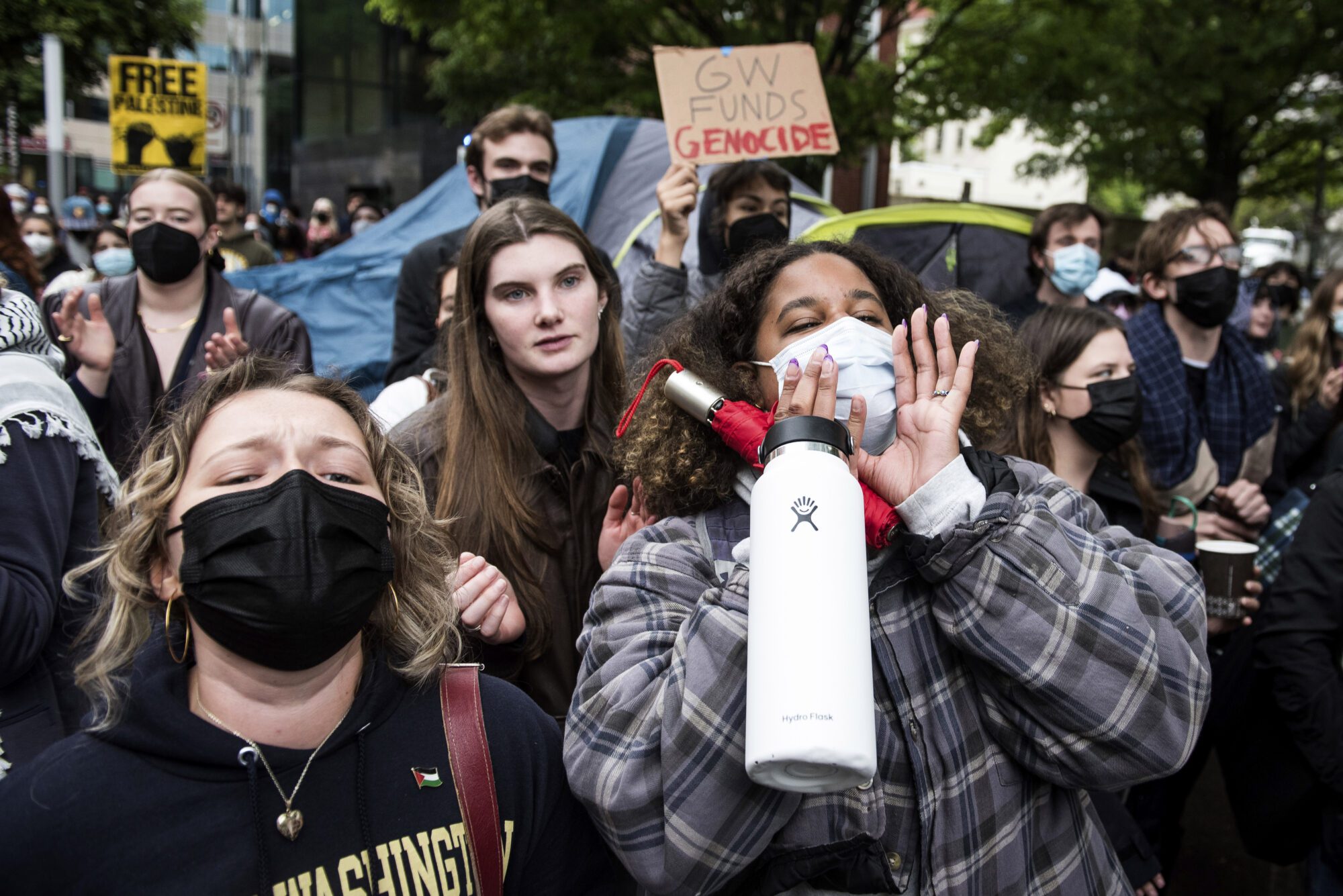
A proposed bill would develop a study committee to determine the current state of foreign entity land holdings within Mississippi’s borders.
Lawmakers in Mississippi have scaled back from preventing any foreign entities from purchasing land in the state through HB 280, and instead are requiring the formation of a study committee to determine what those current holdings look like.
The bill would have originally grandfathered in any current foreign country land holdings but prevented any future purchases.
According to a 2020 report done by the U.S. Department of Agriculture (USDA), foreign entities held land in all 50 states as of 2020 and purchasing trends were on the rise.
VIEW THE USDA REPORT HERE
The report noted in 2020 that a total of 37.6 million acres of U.S. agricultural land was owned by foreign investors, which represents 2.9 percent of all privately owned agricultural land. This is an increase of over 2.4 million acres from 2019.
Foreign agricultural land holdings have steadily increased throughout the country since 2015 at an average of nearly 2.2 million acres annually. The majority of these lands were forests, cropland and pasture. The information indicates that the majority of pasture and cropland, which are mostly purchased to construct wind towers, are not utilized.
The USDA report showed that the majority of these holdings were concentrated in the South and West portions of the United States.
In Mississippi, as of 2020, 727,906 acres of agricultural land were owned by foreign entities representing 2.8 percent of the state’s agricultural acreage. There is a total of 30,020,480 acres of agriculture land in the state with 26,201,244 being privately held. Currently, 10.4 million of those acres house over 34,000 farms creating a $9.8 billion industry for the state producing food.
“It is a problem and I support the legislation,” said Andy Gipson, Commissioner of Agriculture and Commerce, adding that he has already begun doing his own research into the topic. “What we see around the country, including China, have been busy behinds the scenes buying up attractive land including businesses.”

Gipson added that his team is currently working to market Mississippi food to countries in Europe who are having trouble producing their own food due to national legislation. The Commissioner cautions the ability for those same interests to have control over America’s farmland.
“We don’t ever want to get in a situation where our enemies control even a large portion of our food supply as Americans. If they do, there won’t be a war to fight; they’ll already control it,” said Gipson.
Mississippi does have laws on the books when it comes to the purchase of land by foreign entities. Mississippi Code Section 89-1-23 does restrict non-resident aliens from holding more than 320 acres of land for the purpose of industrial development.
However, Rep. Beckie Currie (R), author of the House bill, says it hasn’t been upheld. This provision caused her to change the original language of the bill to a study committee which includes the Governor’s Office, the Attorney General’s office, the Commissioner of Agriculture, the Chairs of the Agriculture Committees in the state House and Senate, as well as the Chairs of the Judiciary B Committees and their committee members.
If the study committee bill passes, Commissioner Gipson would be one of the appointed members of the board looking into these issues.
Texas currently has the largest amount of foreign-held land in the country at over 4.7 million acres, which accounts for 3.1 percent of the country’s total.
Approximately 19.5 percent of Maine’s privately held agricultural land, or 3.5 million acres is owned by foreign investors, which equals 9 percent of all reported foreign-held land in the U.S. This puts Maine second.
Alabama is the third with 1.8 million acres owned by foreign holdings.
Hawaii has the second largest percentage of such holdings versus ag lands, which is 9. 2 percent by foreign entities, making up roughly one percent of the foreign land owned in the U.S.
The states that saw the most dramatic increase in foreign ownership by 2020 were Oklahoma, Texas and Colorado, while New Hampshire and Oregon were the only states that saw a decrease in foreign holdings.
According to the data provided, nearly all of the 50 states had over 500,000 acres of agriculture land owned by foreign investors. The exceptions included Idaho, Utah, Kentucky, Vermont, and Maryland.
The report showed about 730,000 acres of non-agricultural land owned by foreign investors.
Canadian investors own the largest amount of foreign held agricultural and non-agricultural land in the U.S. at 32 percent or 12.4 million acres. Investors from the Netherlands (13%), Italy (7%), the United Kingdom (6%), and Germany (5%) held 12 million acres making.
Mississippi lawmakers in support of banning or curbing these purchases directly point to China’s surge in land purchase since 2010. In the last 13 years, China has gone from owning 13,720 acres to around 352,140, which is still less than 1 percent of the total foreign own land in the country.

“Why would we allow our enemy to own and control the most valuable resource in the world? Throughout history, wars have been fought, and lives lost over the control of land and resources. Each year, our land becomes more valuable as our population grows. This is a national security issue and food security issue, and we owe it to our children and grandchildren to fix this issue now,” wrote Rep. Currie and Steve Yates in a joint column on the proposed legislation.
However, some say that preventing these parties from purchasing land in Mississippi is un-American and goes against current law.
Adam Millsap, a senior fellow with Stand Together Trust, said while the increase in purchases from China are concerning, banning ownership is “unwarranted government overreach.”

“Of course, supporters say we need these laws to prevent China from buying enough land to pose a threat. But what threat? Supporters are not clear, but perhaps they worry China will let land sit fallow to reduce our food supply? This is unlikely, as China relies heavily on the U.S. as a source of food. China is also much poorer than America on a per-person basis, so it cannot afford the higher food prices that come with letting productive land go to waste,” wrote Millsap in a counter column.
The bill has been concurred on by the Senate and sent back to the House for approval.











